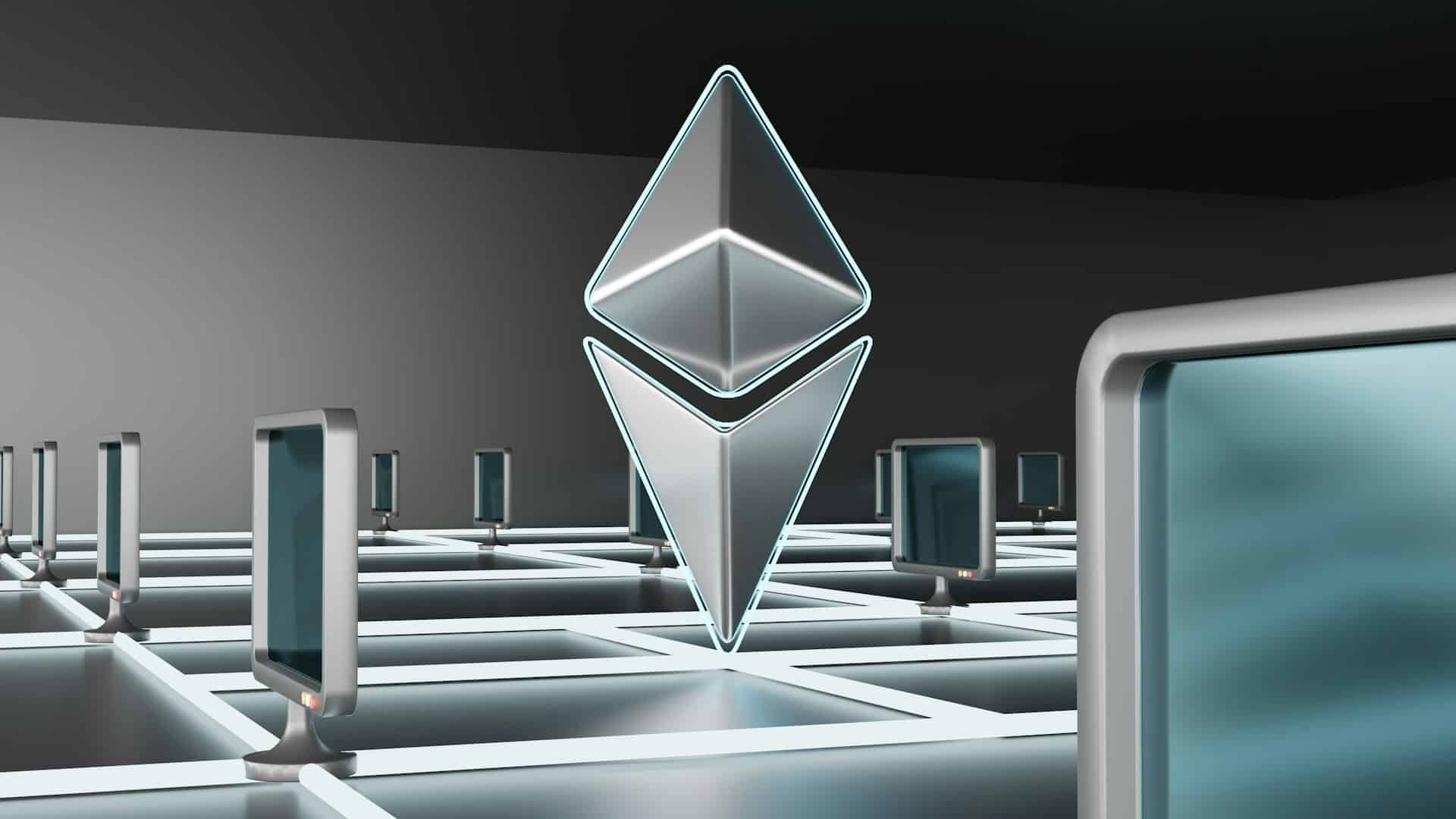Ethereum co-founder Vitalik Buterin and a team of developers are spearheading a new Ethereum Improvement Proposal (EIP). EIP-7702 will significantly improve smart contract functionality on Ethereum by temporarily merging it into externally owned accounts (EOA), thus simplifying and improving user experience.
Read on to learn about the EIP-7702 proposal on Ethereum, how it works, its potential impact, and its benefits and drawbacks.
What Is EIP-7702?
The EIP-7702 proposal was introduced as an alternative to EIP-3074, which was approved for inclusion in the Pectra upgrade scheduled for Q4 2024.
EIP-3074 was designed to refine account management within the Ethereum protocol by allowing Externally Owned Accounts (EOAs) to assign control to smart contracts, paving the way for more advanced transaction strategies. EOAs are a type of Ethereum account controlled by users rather than code
The proposal would achieve this by introducing two new opcodes, AUTH and AUTHCALL, enabling EOAs to transition smoothly into smart contracts without deploying new ones. This would improve transaction efficiency and flexibility in interactive scenarios and complex operations.
However, EIP-3074 faced some limitations, including technical issues and security challenges. These issues became evident in practical applications, especially when dealing with high-value or large-scale transactions. Vitalik Buterin, alongside Ansgar Dietrichs, Matt Garnett, and Sam Wilson, developed EIP-7702 in response to these issues and as an alternative to EIP-3074.
EIP-7702 is a new proposal that will introduce a new transaction type to enhance the security and functionality of EOAs. The proposal will enable EOAs to behave momentarily like smart contracts.
Simply put, EIP-7702 will inherit and expand some of the functionalities of EIP-3074, such as batch processing, lowering privileges, and transaction sponsorship.
How Does EIP-7702 Work?
The proposed EIP-7702 will provide a new method for EOAs to interact within the Ethereum blockchain. Externally owned accounts will be temporarily able to operate as smart contract wallets during transactions before returning to their initial state after the transaction.
This technique improves the functionality and security of Externally Owned Accounts without launching new opcodes, making assimilation more efficient than EIP-3074. Moreover, removing opcodes from the process helps decrease complexity, compatibility difficulties, development resources, and potential security flaws linked to them.
EIP-7702 has been developed to be forward-thinking, given its compatibility with ERC-4337. ERC-4337 is an account abstraction standard on the Ethereum network that aims to improve security and user experience by launching smart contract functionality in wallets. This integration can help externally owned accounts attain features such as multi-factor authentication, the potential for people to transact using any token, and social recovery.
EIP-7702 can significantly reduce transaction fees by batching transactions, making the Ethereum network more efficient. The proposal promotes financial inclusion by introducing transaction sponsorship, where one user can offset the transaction fees for another user. It also makes the platform more accessible, lowering the barrier to entry.
EIP-7702 also includes downscaling privileges. Accounts can limit their privileges for certain crypto transactions, boosting the platform’s security against fraudulent and phishing activities.
The Potential Impact of EIP-7702 on the Ethereum Network
The new Ethereum proposal, EIP-7702, if included in the Pectra upgrade scheduled for Q4 2024, is expected to impact the Ethereum network positively. Although currently in the discussion stage, EIP-7702 offers a robust solution to enhancing Ethereum by introducing account abstraction.
Account abstraction makes it more flexible for users to program their security better while enjoying an enhanced user experience. Lowering the barrier to entry for Ethereum enhances accessibility, potentially boosting its adoption in the Web3 ecosystem. In addition, smart contracts can provide better safety features, such as recovering funds in case private keys are lost.
Transaction sponsorship also means that users can easily get started with the Ethereum network as they don’t have to worry about buying ether for gas fees.
The proposal introduces greater flexibility in the design of smart contract wallets for developers. They can customize their verification logic, incorporating features such as emergency recovery techniques, multi-factor authentication, and spending limits. This opens up new opportunities for developers to explore smart contract wallets.
Benefits and Drawbacks of EIP-7702
While still in discussions, EIP-7702 has some benefits and drawbacks linked to it. Below are some benefits of the proposal:
- Batched Transactions: The Ethereum network can become much more efficient through the batched transaction feature, which can also reduce transaction costs.
- ERC-4337 Compatibility: The EIP-7702 is a forward-thinking proposal compatible with the ERC-4337 standard on Ethereum, which can enhance the user experience and security of the Ethereum blockchain while advancing blockchain technology.
- Transaction Sponsorship: If successfully implemented, EIP-7702 will enable users to cover the transaction fees of other users, making the platform more accessible for everyone.
- Widespread Ethereum Adoption: By lowering the barrier to entry for users, more people will be able to access and use the Ethereum platform, leading to its widespread adoption.
While there is optimism surrounding EIP-7702, it’s not without its drawbacks. Below are some challenges with the EIP-7702 proposal:
- Adjusting Gas Costs: It’s still unclear how EIP-7702 will scale the gas fee costs associated with its transactions.
- Revocation of Transactions: Implementing EIP-7702 would mean that users relinquish the control of their externally owned accounts to smart contract codes, which, albeit need to be trusted, can be prone to malice. Therefore, the Ethereum team must ensure users can revoke and revert transactions signed using malicious code.
The Bottom Line
The introduction of EIP-7702 is expected to benefit Ethereum. Still, its implementation will depend on its developers finding solutions to the raised issues and getting consensus from the Ethereum community.
Ansgar Dietrichs, one of the researchers at the Ethereum Foundation, suggested implementing EIP-7702 to the Pectra upgrade first and tracking it for several weeks before deciding whether to replace EIP-3074 with EIP-7702.
If incorporated, it remains to be seen how EIP-7702 will revolutionize the Ethereum blockchain.



